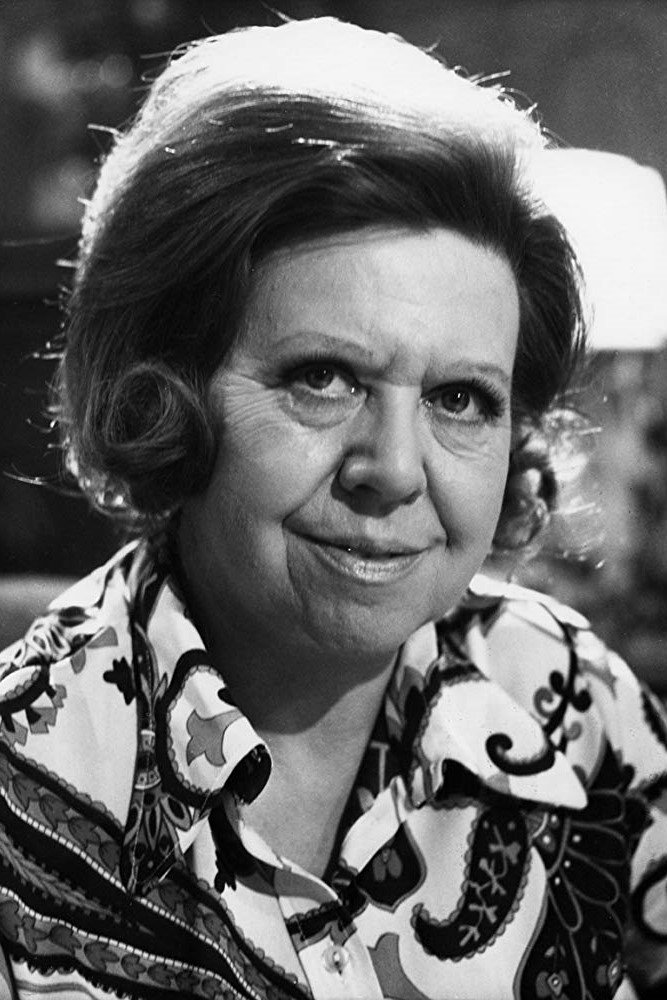


Who is the funniest Berliner? Helga Hahnemann or Edith Hancke, Brigitte Mira or Cindy from Marzahn? rbb television is looking for the Berliner with the biggest mouth and the even bigger heart. Who will be number 1? To this day, they inspire TV audiences with their big mouths and big hearts - genuine Berliners such as Ingrid Steeger, the nation's "funny girl", Helga Hahnemann, the unforgettable "Henne", or Cindy from Marzahn, the cult figure in pink and jogging pants. From a selection of 15 ladies, rbb Fernsehen is looking for the funniest Berliner of all time. Highlights from 60 years of German television entertainment will be presented: legendary appearances and sketches, curious finds and lots of music and artistry. There will be a reunion with the master cake thrower and fast-talker Gisela Schlüter, the funky rock star Nina Hagen, the "Drei Damen vom Grill" and many, many more.
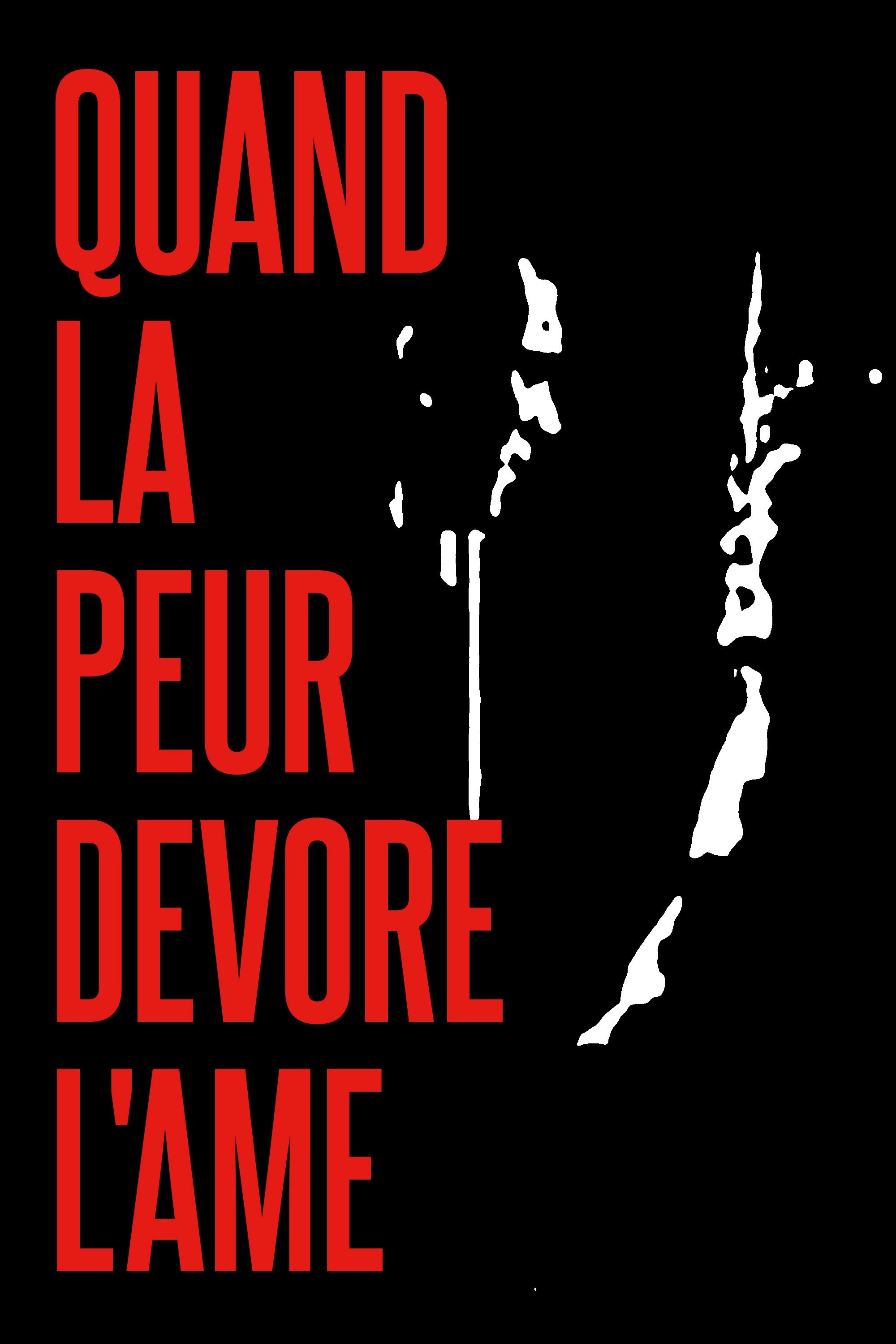
Mixing scenes of Douglas Sirk's All That Heaven Allows and Fassbinder's Ali: Fear Eats the Soul, François Ozon creates a new film about cinephilic contamination.

"Did you ever fall in love with me?" - that was how the popular comedian Max Hansen ironically yet endearingly attacked Adolf Hitler as a homosexual. In the late 1920s Hansen was forced to leave Germany. The multi-talented entertainer lost his audience and was never again to be seen on a German stage. His children and many others who were part of his life tell their side of the story about the tragicomic life of the popular artist.
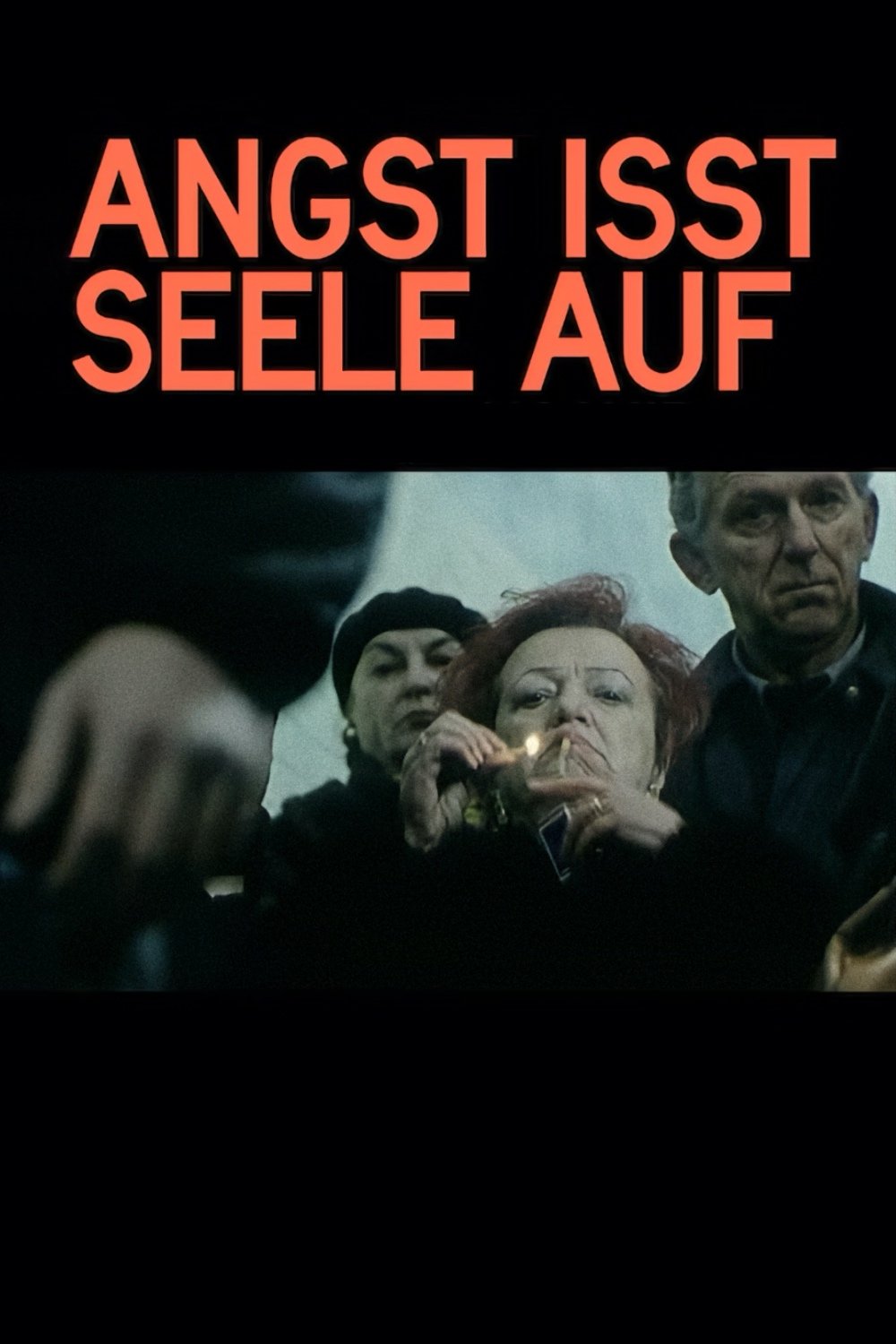
Shot with striking immediacy by a subjective camera, “Angst isst Seele auf” assumes the point of view of a black actor in Germany dealing with racist abuse as he prepares to appear in a play based on Fassbinder’s film, about the taboo relationship between an older German woman and an Arab man. Sharing the same lead actress (Brigitte Mira), cinematographer (Jürgen Jürges), and editor (Thea Eymèsz) as in Rainer Werner Fassbinder’s 1974 Film “Angst essen Seele auf”, these twin works offer a searing indictment of prejudice within German society.
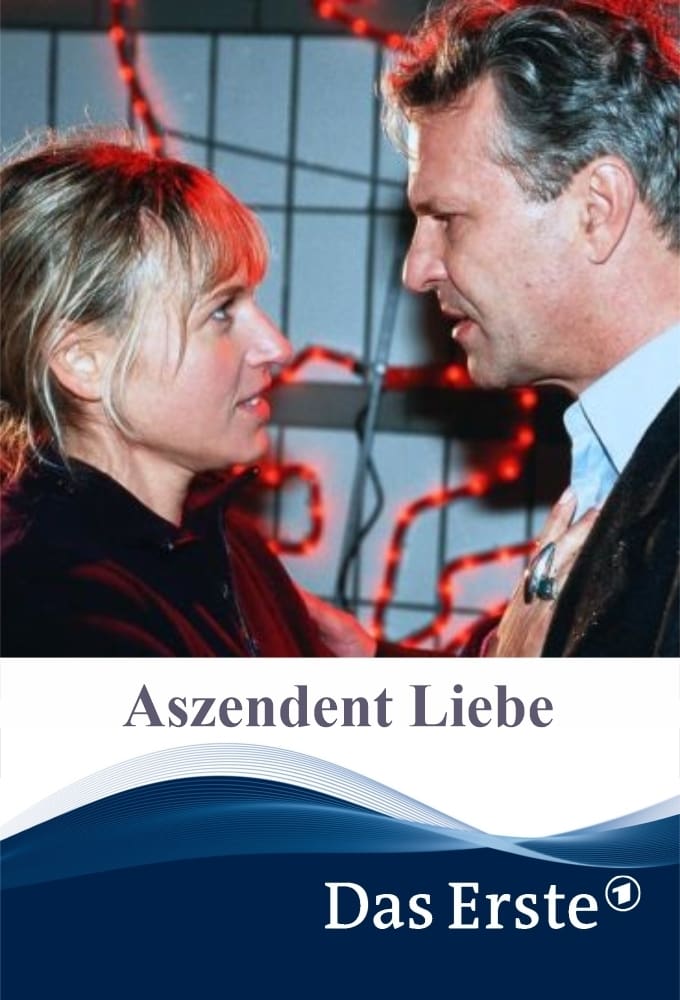
The Berlin Observatory is facing the financial end. Against the will of the renowned physicist Robert von Reichenbach, the astrologer Lena Moosbach is set, which quickly establishes itself as a crowd puller and fills the empty cash registers of the planetarium. Worried about the scientific reputation of the observatory, Robert spat first poison and bile against the new colleague. But although the sober astronomer rejects horoscopes with the deepest conviction, he falls in love with the charming astrologer. However, when it turns out that she just feigned her Ph.D., Robert feels betrayed
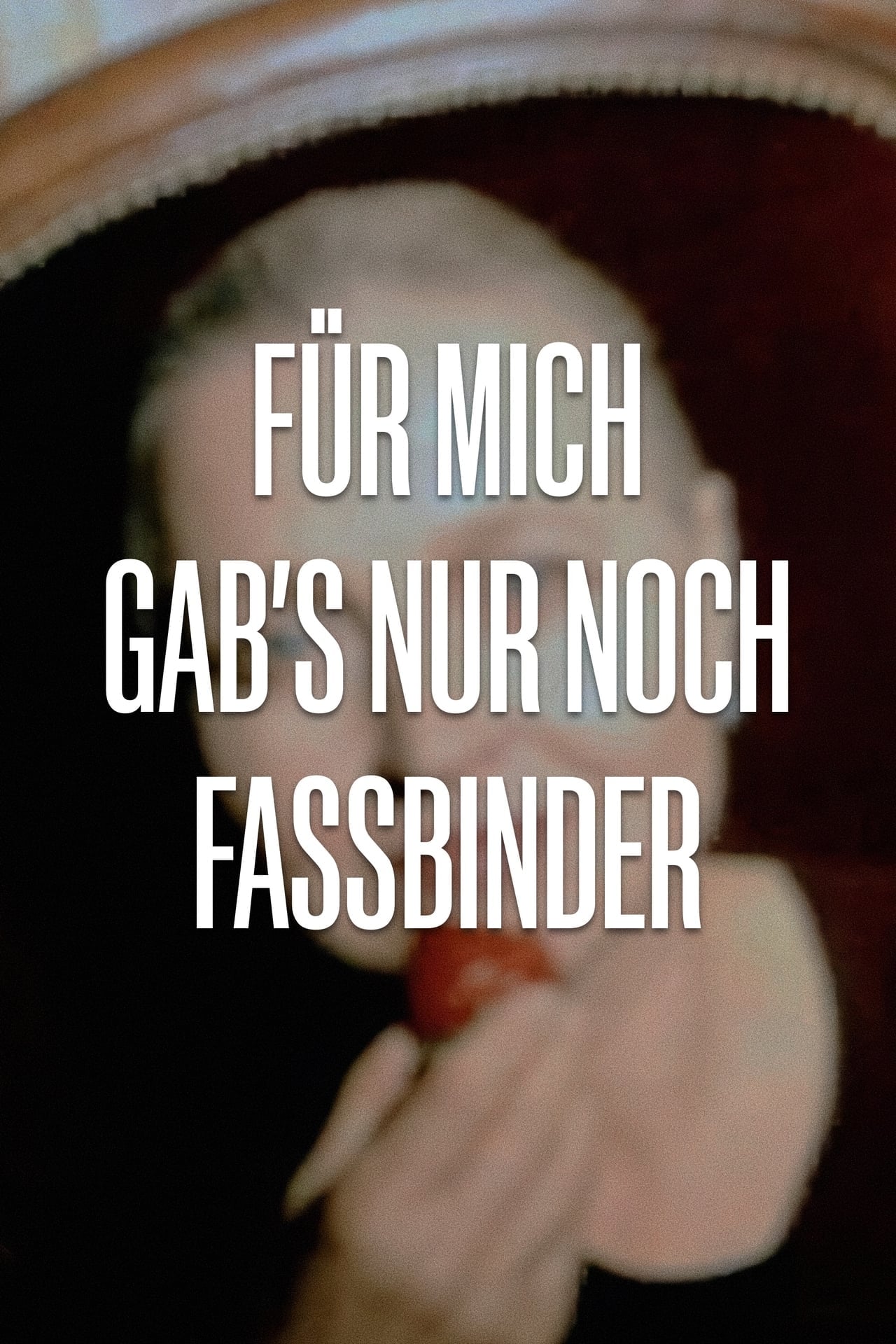
An essay film in which filmmaker Rosa von Praunheim interviews "the willing victims of Rainer Werner Fassbinder."
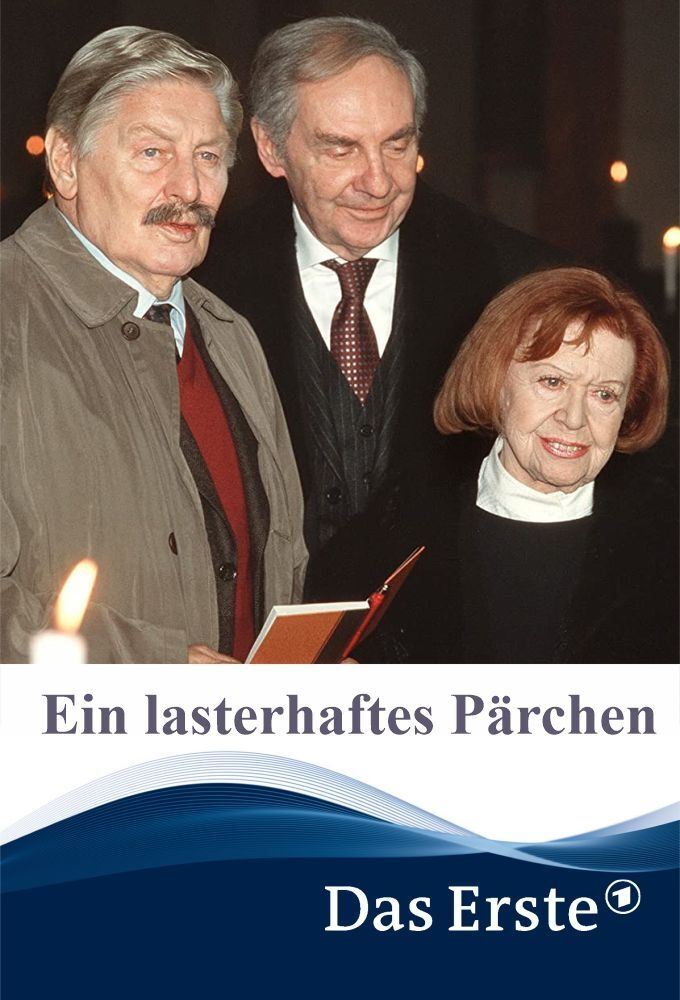
Widow Käthe Mühlmann is a little eccentric. Every day she confides her worries to the photo of her husband Hubert, who has been dead for ten years but is still closer to her than her two friends Arabella and Brigitte. Käthe does indeed have reason to worry: her much-loved granddaughter Christine has lost her heart to the dubious Stefan Seyler, who is cheating on her through and through. What's more, Seyler has turned Christine's traditional café into a shady nightclub.

"It must schwing!" was the motto of Alfred Lion and Francis Wolff, two German Jewish immigrants who in 1939 set up Blue Note Records, the jazz label that was home to such greats as Miles Davis, John Coltrane, Herbie Hancock, Thelonious Monk, Art Blakey, Dexter Gordon and Sonny Rollins. Blue Note, the most successful movie ever made about jazz, is a testimony to the passion and vision of these two men and certainly swings like the propulsive sounds that made their label so famous.
Once upon a time very much alike the twenties in Germany, a little town is frightened to death by an uncaught child murderer. Since somebody has to be blamed the townspeople turn against an inconspicious policeman, a family-man who becomes suspected of the crime and therefore loses his job. Strangely enough, the only work he can find is to distribute candy on children, dressed up as clown. When a bunch of kiddies, including his own son who doesn't recognize the father due to the masquerade, plays a nasty trick to him, things turn really ugly...
From Wikipedia, the free encyclopedia. Brigitte Mira (20 April 1910 – 8 March 2005) was a German actress. She worked in both theater and film, often with Rainer Werner Fassbinder. Brigitte Mira's mother was German and her father was Jewish Russian. During the Nazi dictatorship, Mira took part in the propaganda series Liese und Miese. She played Miese (germ. bad one)--the bad role model according to Nazi ideology that listened to enemy radio stations and stockpiled rationed food. But her acting skills turned the "bad" character she portrayed into a likeable one. The series was soon cancelled for being counter productive. The propaganda directors did not know that Mira was half-Jewish. Even though she insisted on her naivete as a young woman and the fact she had to hide her identity, she was criticized later by some for taking part in these ads at all. Even if Mira was born in Hamburg she early on moved to Berlin and through her TV work came to embody the typical Berlin sense of humor. Notable performances include Emmi Kurowski in Fear Eats the Soul (1974), a role for which she won a German Film Award. In the 1980s Mira achieved another big success with the television series Drei Damen vom Grill. Description above from the Wikipedia article Brigitte Mira, licensed under CC-BY-SA, full list of contributors on Wikipedia.
By browsing this website, you accept our cookies policy.